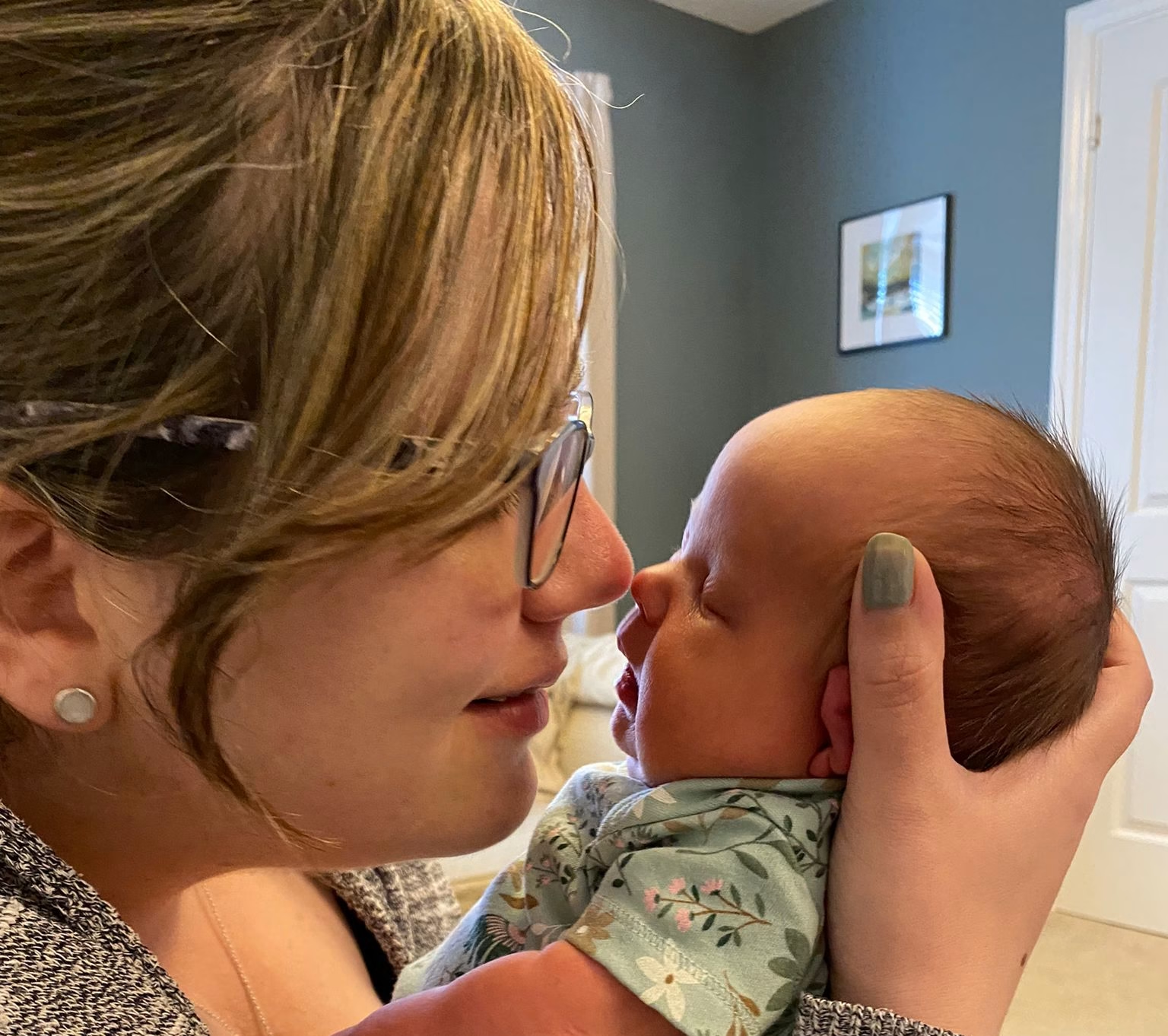- by Dr Rebecca Baxter
Supporting a pupil with Down syndrome in a mainstream primary school setting is a rewarding journey that requires thoughtful planning, strong partnerships with families, and access to the right funding and resources. Every pupil is different, but there are proven strategies and supports that can make a lasting impact on learning, development, and wellbeing.
Build an inclusive classroom environment
Pupils with Down syndrome thrive in settings where they feel safe, included, and valued. Simple changes can make a big difference:
- Use visual supports such as picture schedules, visual timetables, and word lists to reinforce routines and understanding.
- Adapt teaching strategies to match learning styles. Many pupils with Down syndrome are strong visual learners and benefit from modelling, repetition, hands-on activities, and small group work.
- Plan for communication needs by using visual supports, and ensuring staff model clear, supportive communication.
- Provide structured social opportunities – pupils with Down syndrome are likely to need support to initiate and maintain friendships and play.
Focus on communication
Communication is often a key area of need. Work closely with speech and language therapists where possible and consider:
- Use of communication aids to support interaction and friendships
- Fine-motor and early mark making practice
- Daily activities that build receptive and expressive vocabulary and language
Focus on literacy and number skills
Alongside tailored reading approaches, it’s important to support early numeracy. Many children with Down syndrome benefit from visual and practical number-based activities. Strategies could include:
- Using concrete resources (counters, number lines, bead strings) to introduce concepts
- Phonics and sight word reading strategies tailored to the pupil’s strengths
- Embedding counting and simple number recognition into daily routines
Prioritise social, emotional and independence skills
Many pupils with Down syndrome have strengths in early social interaction, but they can also face challenges with later pragmatic skills which often rely on language…
- Introduce social stories to prepare for changes and new situations – ensuring the pupil has understood what is going to happen and the expectations.
- Build routines that encourage independence (e.g. classroom jobs, visual steps and written task planners for learning and managing themselves)
- Support emotional expression, targeting useful emotions voabulary and practising useful phrases
- Celebrate small successes to build self-esteem and ensure class reward systems are understood and meaningful (or adapt as required)
Understand what support is available
The right support often requires funding—for staffing, training, resources or environment changes. Here’s a breakdown of what’s available in each UK nation:
England
- Education, Health and Care Plans (EHCPs): Legally binding plans for pupils with additional needs. Schools can receive top-up funding from the local authority through the High Needs Block.
- Mainstream SEND capital funding: This government grant (known as High Needs Provision Capital Allocations, or HNPCA) is distributed to LAs—not schools directly—but schools can contribute proposals for projects such as SEN units, sensory rooms, accessible toilets, breakout/regulation spaces, or assistive-technology hubs.
- Pupil Premium: Additional funding for disadvantaged pupils, including those with SEND.
- Ordinarily Available Provision: Sets out what support should be expected in all schools without an EHCP—check your local authority’s SEND Local Offer.
Supporting parents with an EHCP
Schools can play a vital role in supporting parents to apply for an EHCP where one is not yet in place. This includes providing reports, evidence, and even helping to draft the application. If an EHCP is already in place or a pupil is about to receive one, schools should check whether the funding is sufficient to meet the requirements of the plan and, if not, request additional top-up funding.
Schools can also support parents during the draft amendment period by helping to ensure the wording in the plan is accurate and specific. Providing suggested text for the local authority can make a significant difference in securing the right provision.
Need help with an EHCP?
Down Syndrome UK offers a specialist EHCP Support and Draft Review Session.
You can book a full review of your child’s draft EHCP and professional reports with Justine, followed by a detailed 2-hour call to help you write strong, informed parent representations to the local authority.
Scotland
- Additional Support for Learning (ASL): Support coordinated by local authorities. Plans may include Individualised Educational Programmes (IEPs) or Co-ordinated Support Plans (CSPs).
- Local ASN teams: Provide specialist input and outreach services.
- Scottish Attainment Challenge: May support inclusive practices in areas of deprivation.
Wales
- Additional Learning Needs (ALN) system: Replaces statements with Individual Development Plans (IDPs), managed by schools or local authorities.
- ALN funding: Delivered through local budgets.
- Pupil Development Grant (PDG): Additional support for pupils eligible for free school meals.
Northern Ireland
- Statements of Special Educational Needs: Issued by the Education Authority (EA).
- Resource bases and specialist support: Many mainstream schools benefit from outreach teams or funding for inclusion.
- SEN Inclusion Support Service: Offers training and advice from therapists and educational psychologists.
What can the support be used for?
When developing the support plan, the range of needs of the pupil and the ways in which these needs are met should be outlined. Support may include:
Staffing and professional support
- One-to-one or small group teaching assistants
- Access to additional professionals such as speech and language or occupational therapists
- Inclusion coordinators or SEND leads
Specialist training and CPD
- Understanding Down syndrome learning profile
- Speech, language and communication strategies
- Behaviour support and positive reinforcement
- Inclusive classroom practice
Teaching tools and resources
- Specialist equipment
- Visual schedules and symbol cards
- Fine motor skill development resources
- Emotional regulation materials and social games
- Assistive technology, tablets and communication apps
Access Down Syndrome UK’s suite of available resources for Primary Schools.
Environmental changes
- Planning and preparing for new situations and events
- Accessible furniture or toilets
- Visual prompts and colour-coded learning spaces
- Safety adaptations
Support with transitions
- Extra visits to new settings
- Transition booklets and visual stories
- Time for SEND staff to liaise with new schools
- Family support to ensure a smooth move
Work in partnership with families and professionals
Parents and carers are experts in their child’s needs. Schools should work closely with families and other professionals:
- Schedule regular review meetings
- Share updates and observations consistently
- Coordinate with therapists, local SEND services, or Portage teams
- Use shared strategies across home and school settings
Final thoughts
With the right funding, tools and mindset, pupils with Down syndrome can thrive in mainstream primary schools. Inclusion isn’t about fitting a pupil into a system – it’s about shaping the system to meet every pupil’s needs.
Strong partnerships between families, schools, and professionals, combined with high expectations and the right training and resources, are the foundation of success.
Share this post
Author
 Director of Education and Speech and Language Therapy
Director of Education and Speech and Language TherapyDr. Rebecca Baxter as our Director of Education and Speech and Language Therapy. Becky is a speech and language therapist who specialises in Down syndrome and has worked with babies through to young adults with Down syndrome. Becky is also involved in a number of research projects across speech, language and education issues associated with Down syndrome. Becky completed her PhD in 2023 at University College London, which involved developing and evaluating a language intervention for children with Down syndrome. Becky is passionate about supporting speech and language therapists and is currently chair of the Down Syndrome Clinical Excellence Network. She has delivered training to speech and language therapists across the UK and internationally.
View all posts









